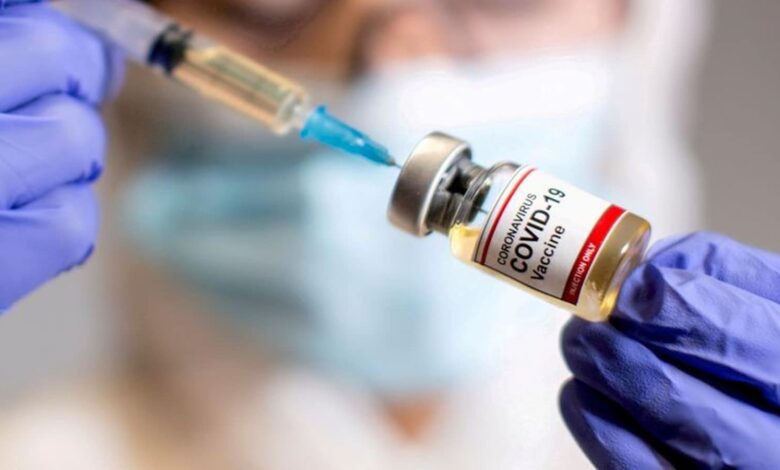New research shows Covid vaccines used in India do not increase heart attack risk
The recent PLOS One study examined how COVID-19 vaccination affects death rates after a heart attack.

A recent observational study has discovered no link between the COVID-19 vaccines, Covishield and Covaxin, used in India and an increased risk of heart attacks. In fact, the study emphasizes the potential protective effect these vaccines provide.
The study, which was recently published in the renowned journal PLOS One, aimed to understand the impact of COVID-19 vaccination on mortality rates following acute myocardial infarction (AMI), otherwise known as a heart attack.
For this retrospective study, data from 1,578 individuals admitted to G B Pant Hospital in Delhi between August 2021 and August 2022 were analyzed. Out of these, a whopping 1,086 (68.8 per cent) had received the COVID-19 vaccine, while the remaining 492 (31.2 per cent) were unvaccinated.
Breaking down the vaccinated group, 1,047 (96 per cent) had received both doses of the vaccine, while 39 (4 per cent) had only received one dose.
According to Mohit Gupta, who led the study from G B Pant Hospital, “Our findings indicate that the vaccines utilized in India are safe. We found no link between these vaccines and an increased heart attack risk. Instead, our study suggests that vaccinated individuals may have a lower risk of death following a heart attack.”
Despite the fact that the adverse effects (AEs) of COVID-19 vaccines have generally been mild, temporary, and self-limiting, there have been concerns about potential cardiovascular side effects. This is particularly critical in densely populated countries like India, where any side effect could have far-reaching consequences, the researchers noted.
In this study, detailed information was collected on the patients’ vaccination status, including the type of vaccine received, date of vaccination, and any adverse effects.
The team found no specific clustering of AMI at any particular time after vaccination. This suggests that there is no significant association between the COVID-19 vaccines and heart attacks.
Interestingly, the 30-day follow-up showed that all-cause mortality occurred in 201 (12.7 per cent) patients, with the odds of mortality being significantly lower in the vaccinated group. This trend continued at the six-month follow-up, with the vaccinated AMI group having lower odds of mortality compared to the non-vaccinated group.
Thus, the study reveals that COVID-19 vaccines may contribute to a decrease in all-cause mortality at 30 days and six months post-AMI. However, it’s important to note that increasing age, diabetes, and smoking were found to increase the risk of 30-day mortality.
The researchers behind the insightful study shared an impactful conclusion. They stated, “Our detailed analysis has revealed that those who received the vaccine had a significantly lower risk of mortality within 30 days and six months. This was in clear contrast with those who remained unvaccinated.”
This groundbreaking study is the first of its kind to be conducted among a large population of AMI patients. It not only confirms the safety of the COVID-19 vaccines but also suggests a protective effect in terms of reducing all-cause mortality, both in the short term and at six months post-follow-up.
However, the authors did note some limitations to their study. It was a single-centre retrospective study, and they emphasized the need for further larger studies among different ethnic groups to validate these findings.
Please, also have a look into : Harvard researchers claim to have identified ‘age-reversing drug cocktail’



